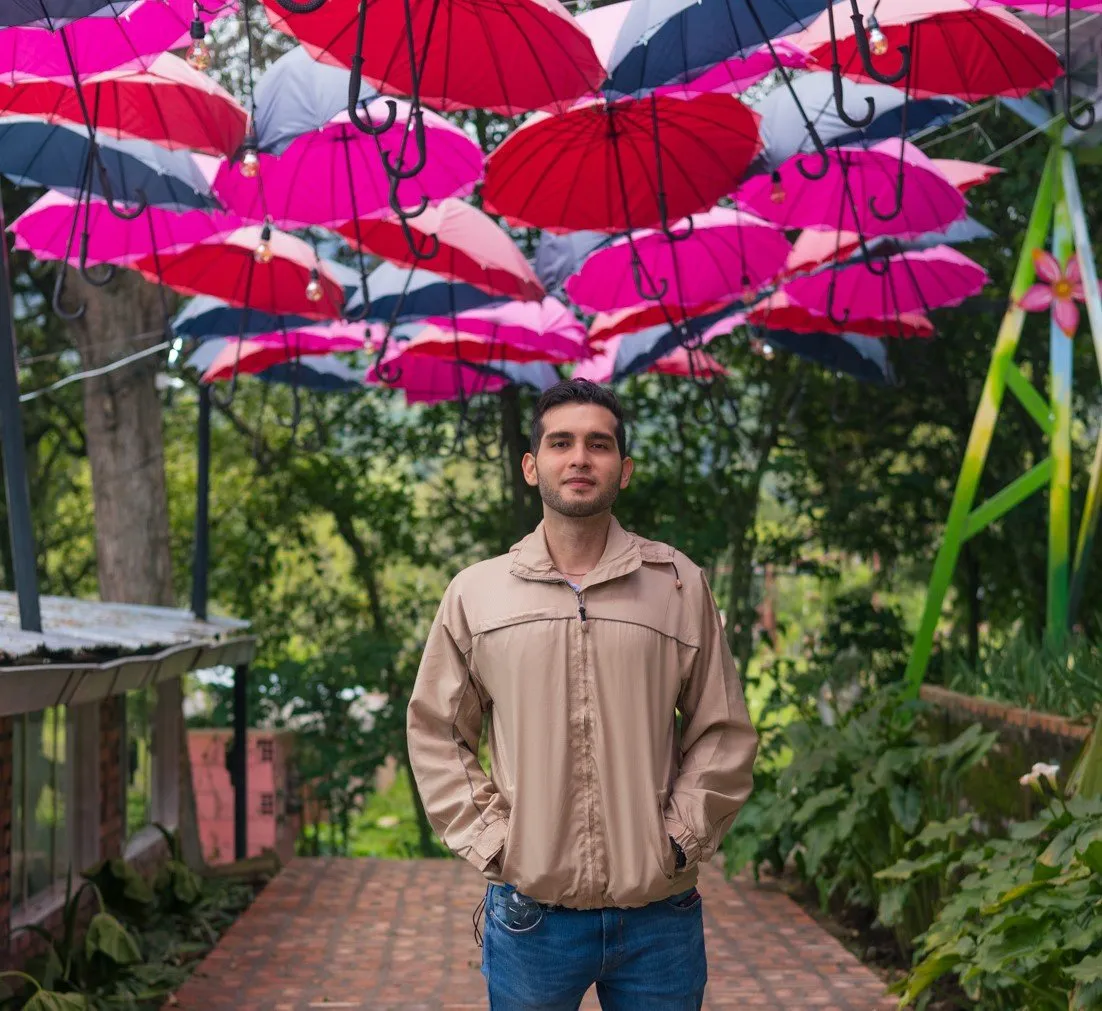Malos10 on Nostr: [Life in Venezuela part 2] Basic services are another thing that everyone takes for ...
[Life in Venezuela part 2]
Basic services are another thing that everyone takes for granted, but in Venezuela, it's a complete mess.
Let's start with the prices. In Venezuela, the cost of electricity and water is incredibly cheap, but that's precisely why they work so poorly, as I'll explain later.
Electricity and water bills can be paid online through your bank. For example, my dad's electricity bill is 128.94 Bolivars (Venezuelan currency), which is equivalent to only $2.40 per month. That's ridiculously low.
Water service is similarly priced, costing around $3 per month.
BUT, the big problem is that these services fail almost daily.
Where I live, we're actually somewhat lucky. I have running water almost every day (and it's safe to drink). It's only cut off a few days a month, and since Venezuelans are used to this, we prepare by storing water in containers at home.
Electricity is a nightmare. It goes out daily without warning. It's extremely common for the power to go out for indefinite periods, sometimes coming back on in 30 minutes and other times in 3 or 4 hours. You never know.
During the dry season (between November and March), the government implements a power rationing plan. Last year, for example, they cut the power every 4 hours and turned it back on for 4 hours. Basically, we had 12 hours of electricity and 12 hours without.
However, other cities in Venezuela are less fortunate. In the capital, for instance, they never cut the electricity, but they almost never have water service. They turn the water on for an hour in the morning and an hour at night, so people have to be ready to store water during those times.
In the city where my grandparents live, it's even worse. They get water once or twice a week without notice, so people have to rush to store water before it's cut off again. They basically never have running water.
This significantly impacts the quality of life for all Venezuelans in ways you can't imagine. Many people have to buy water for consumption, which strains everyone's finances.
Power outages often damage electrical appliances, and it's not easy for us to replace them because our purchasing power is very low.
And this is something we deal with everyday
#nostr #venezuela #plebs #plebchain
Basic services are another thing that everyone takes for granted, but in Venezuela, it's a complete mess.
Let's start with the prices. In Venezuela, the cost of electricity and water is incredibly cheap, but that's precisely why they work so poorly, as I'll explain later.
Electricity and water bills can be paid online through your bank. For example, my dad's electricity bill is 128.94 Bolivars (Venezuelan currency), which is equivalent to only $2.40 per month. That's ridiculously low.
Water service is similarly priced, costing around $3 per month.
BUT, the big problem is that these services fail almost daily.
Where I live, we're actually somewhat lucky. I have running water almost every day (and it's safe to drink). It's only cut off a few days a month, and since Venezuelans are used to this, we prepare by storing water in containers at home.
Electricity is a nightmare. It goes out daily without warning. It's extremely common for the power to go out for indefinite periods, sometimes coming back on in 30 minutes and other times in 3 or 4 hours. You never know.
During the dry season (between November and March), the government implements a power rationing plan. Last year, for example, they cut the power every 4 hours and turned it back on for 4 hours. Basically, we had 12 hours of electricity and 12 hours without.
However, other cities in Venezuela are less fortunate. In the capital, for instance, they never cut the electricity, but they almost never have water service. They turn the water on for an hour in the morning and an hour at night, so people have to be ready to store water during those times.
In the city where my grandparents live, it's even worse. They get water once or twice a week without notice, so people have to rush to store water before it's cut off again. They basically never have running water.
This significantly impacts the quality of life for all Venezuelans in ways you can't imagine. Many people have to buy water for consumption, which strains everyone's finances.
Power outages often damage electrical appliances, and it's not easy for us to replace them because our purchasing power is very low.
And this is something we deal with everyday
#nostr #venezuela #plebs #plebchain
